Deep inside mountain ranges and valleys, centuries-old forests, and crystal clear rivers lies a living testimony to the rich and long withstanding heritage of Islam in Bosnia and Herzegovina (BiH).
Bosnian Muslims, Europe’s indigenous Muslim population, have for centuries nurtured their religious tradition, and amidst a history of occupations, dictatorships, wars and isolation, managed to remain unapologetically true to their identity, and inspiring in their practice.
Islam, as it is lived and practiced in BiH is not only a representation of the joining of the east and the west, but of sheer compatibility between Islam and the modern world.
The territory of BiH has historically been inhabited by numerous religious groups (Muslims, Orthodox and Catholic Christians, Sephardic Jews, etc.), with Muslims amounting to 45-50 percent of the current population. Thus, in the context of contemporary religious pluralism and the secular political system, Bosnian Muslims show a unique ability to strike a balance between religion, culture and politics of the modern age.
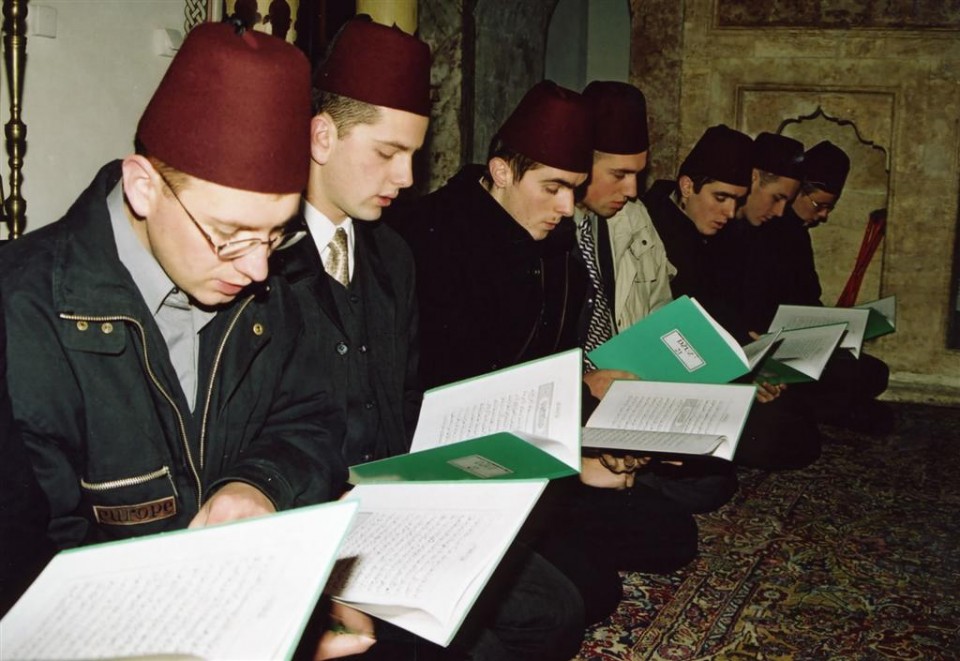
Being a Muslim in BiH
Having been brought up as a Muslim in a European country has never been solely about my adherence to Islam in a strict religious sense. It also carries significant cultural markings and particularly heavy political implications.
I carry a Muslim name, greet my neighbors by wishing peace upon them and celebrate Eid – all the regular stuff Muslims around the world do. After all, Bosnian Muslims, mainly Sunnis, regard themselves a part of the universal Islamic community of Muslims around the world, a part of the Umaah.
A significant difference however, is the system of administering our religious community and the approach to handling all the aspects of religious affairs.
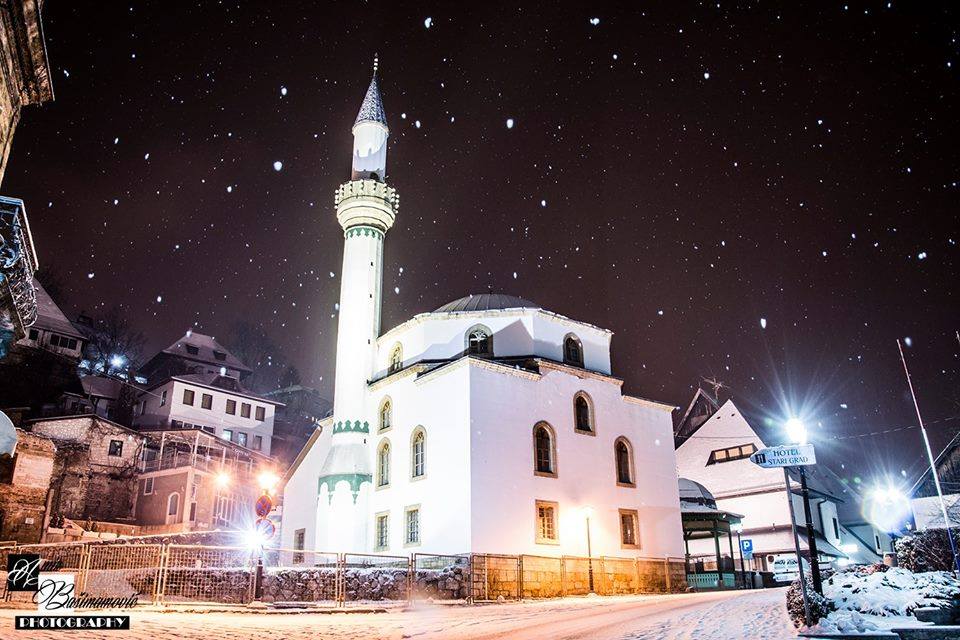
I grew up in central BiH, in a suburban, almost fully homogeneous Muslim village, made up of around 500 households. Central to our community is our mosque, a place of worship and a symbol of our connectedness. Our imam coordinates all the religious activities and is also in charge of religious education and upbringing. We all come together to form a jamaat, the smallest administrative unit of the Islamic Community in BiH, the sole and unique community of Bosnian Muslims living in and outside of the country.
The fact that Muslims around the country share very similar upbringing and circumstances strengthens our collective identity, the sense of belonging and purpose, creating almost a telepathic link amongst all of us. This kind of believing and acting for the same cause, whether we are more or less fortunate members of the Islamic Community, builds our individual fortitude and gives incentive to utilize various collective potentials at our disposal.
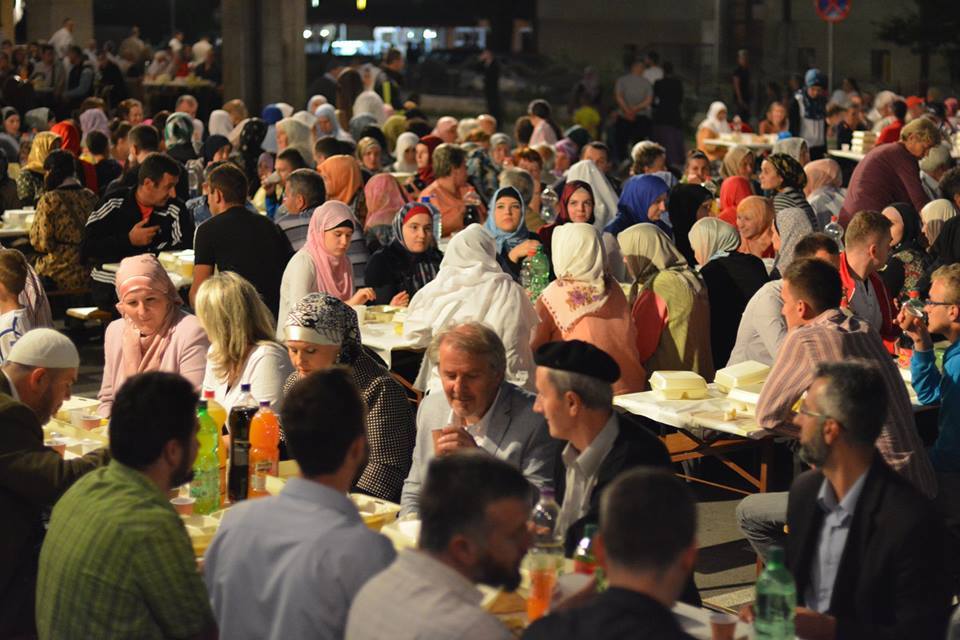
Religion, Culture and Politics
One of the most significant factors affecting the lives of Bosnian Muslims is that they have lived in secular political environments, having to balance religion and politics, ever since 1878. In fact, it is exactly this type of social and political arrangements that make up the specifics of contemporary Bosnian Islam, and showcase its uniqueness. The fluidity between cultural emblems and traditions, and the religious obedience and identity additionally color the richness of Islam in BiH and its followers.
An identifying feature that carries heavy cultural markings, and sometimes blurs the lines of Bosnian Muslims’ religious identity, is that being a Muslim is not only about adherence to Islam in a strict religious sense, if at all sometimes. It is rather instead about the historic and cultural heritage, as well as the political identity.
Although I would identify myself in many ways, the freedom to identify as a Muslim and affiliate myself with Islam plays an important role.
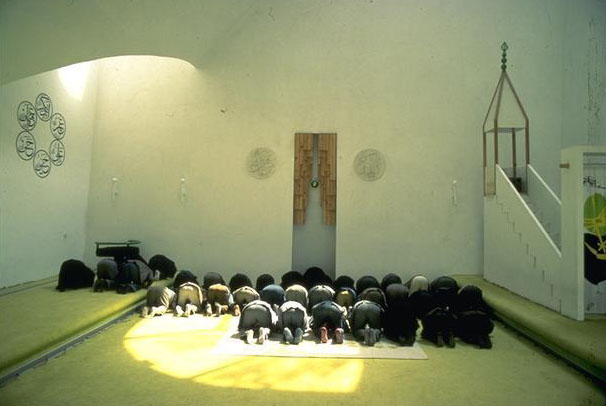
Truth be told, it has not always been easy being a muslim in BiH. A tumultuous history has seen Islam embraced accross the territory of BiH, and become the most important religious, political and cultural emblem of the domicile populations. However, even though Bosnian Muslims have been the majority for the past five centuries, they have often faced persecution and horrendous crimes and violations committed against them.
Despite this, Islam has played a very important role in building our fortitude and perseverance, while shedding light upon our communities, as well as the way we treat the outside world. One of the most well-known things about Bosnians is their hospitality for neighbors and strangers alike – something often preached and valued throughout Islam as well.
The Islamic Community in BiH is an independent institution managing the religious affairs of Bosnian Muslims, working on the principle of shura, roughly translated from Arabic as “consultation”. Having been established in 1882, this institution has shown the acuteness to interact with the modern politics and the resilience to withstand numerous changes.
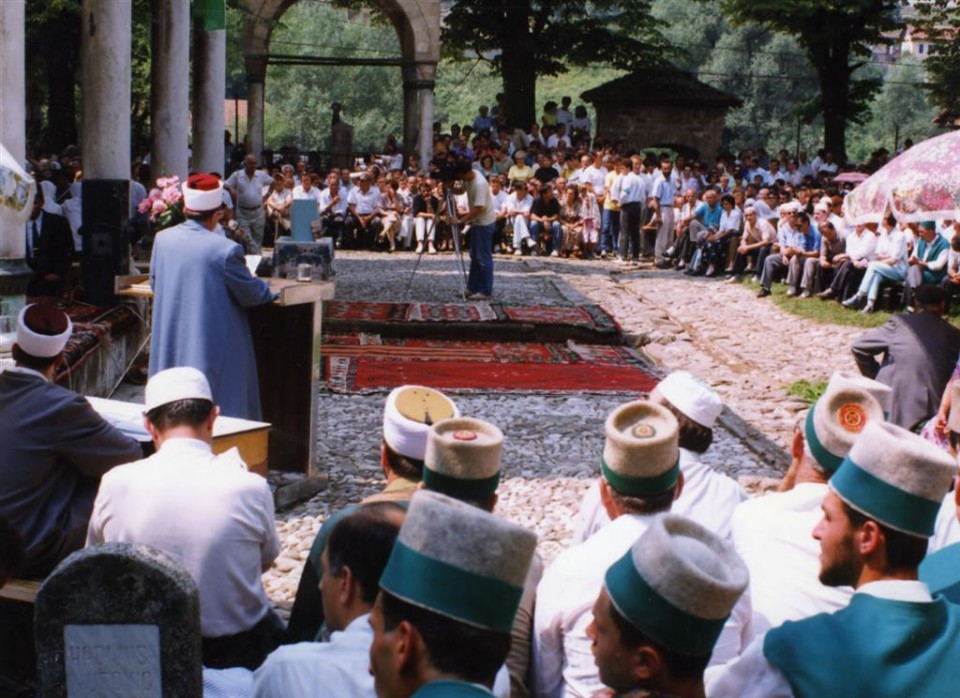
Given that Bosnian Muslims show very little fate in their political representatives and the state as a whole, the independence of this institution plays an important role, especially since all the households contribute a yearly fee for its functioning. Furthermore, every organizational unit of the Islamic Community works through assemblies and councils, ensuring that many of the members are involved in the decision-making process.
Islam in BiH is adept at functioning in democracies because of sheer similarities in the setup of respective institutions, and carrying out the decision-making process. For that matter, it is safe to say that we are in no way the outsiders when it comes to our position in Europe. We share many of the values, whilst proudly bringing in our rich particularities into the pot, be it cultural or political.
For instance, the observance of Islam in BiH has separated itself from other Muslim countries in numerous sharia practices. The practice of marriage between relatives has always been avoided and even frowned up, as opposed to historical practices all around the world. More importantly, polygamy, even though allowed by sharia, was actually never accepted by Bosnian Muslims.
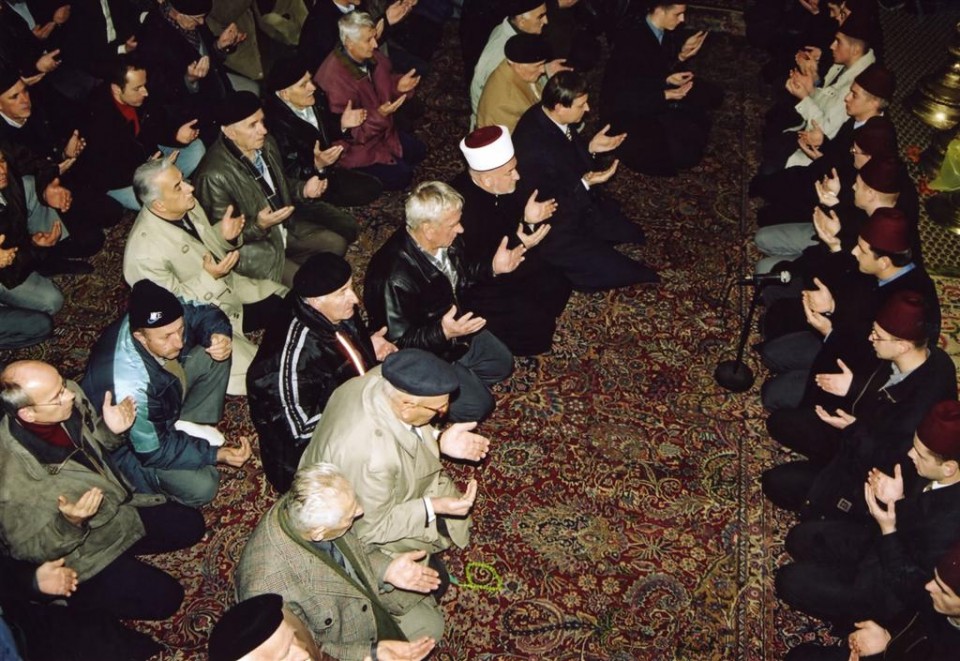
While the Muslim world and Europeans have often failed to practice what they preach on tolerance, moderation and treatment of others, whether under the patronage of religion or human rights and modernity, Bosnian Muslims have proven to genuinely foster such values. They have been able to adapt and balance their religious and cultural identities with their political relationships and in the midst of all this, develop a sense of unique synergy between the Muslim world and Europe.
Withstanding any radical occurrences, Islam in BiH is bound to flourish in its political and cultural versatility; all the while Bosnian Muslims remain genuine in their belief and unrelenting in their practice.



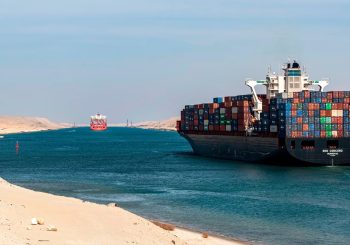

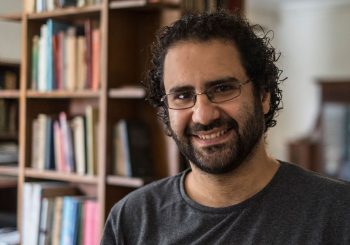
Comments (10)
xcmwnv54ec8tnv5cev5jfdcnv5
[…]below youll uncover the link to some internet sites that we feel you need to visit[…]
ccn2785xdnwdc5bwedsj4wsndb
[…]Sites of interest we’ve a link to[…]